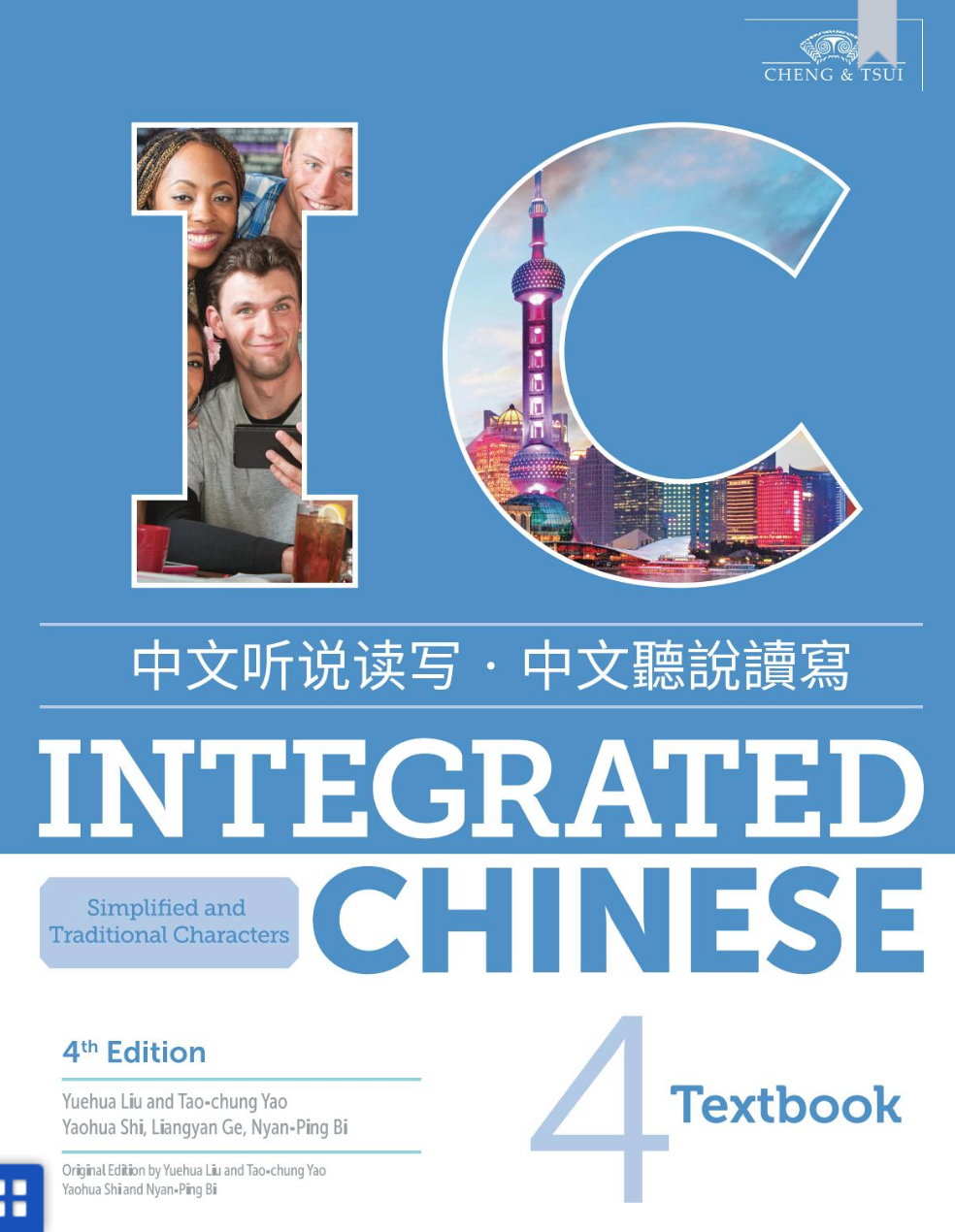Course Overview, Participants and Outcomes
This course is designed for
Chinese-major undergraduates and CEAS-major graduate students who wish to
develop their knowledge of Chinese language politics and reform. It is a 5-CET
elective module that requires 130 hours of study.
In China, language has long been seen as a
powerful instrument of statecraft, intricately linked to the nation's
aspirations for modernisation and national unity. This course explores the
complex historical trajectory of language reform in China, examining how
linguistic policies have been utilised to reshape social, cultural, and
political landscapes from the late-Qing dynasty to the present day. It covers
issues such as the formation of a phonetic system for Chinese characters, the
simplification of characters, and the creation and promotion of a common
national language with consistent pronunciation. It also analyses the
motivations and politics behind these reforms. The module is designed to
provide a solid foundational understanding of these topics. It underscores
several key points: the language reform process has not been simple or linear,
particularly during the late-Qing and Republican eras; that conceptual
confusion is easily possible regarding certain terms (e.g., Mandarin), which
have meant different things at different times; and that there is ongoing
contestation regarding important (and politically controversial) issues, such
as are many of the non-Mandarin language varieties in China (e.g., Cantonese)
simply Chinese dialects or separate Sinitic languages. To examine these issues
the course provides a number of readings and multi-media resources. It is
important to read/view these materials in the order they are presented in the
syllabus as this will ensure you build your understanding of the complex
language reform process incrementally.
By the end of the course you will:
1. Understand the
key language reforms that have been enacted since the late nineteenth century
2. Understand the
motivations and politics surrounding these reforms
3. Appreciate the
main debates about the outcomes and implications of the reforms in relation to
issues such as national unity and minority language rights
4. Develop your
ability to debate and critique important language reform related topics with
your classmates with reference to relevant literature
5.
Develop academic research and writing skills through composing a
literature-based essay that critically analyses a specific aspect of Chinese
language reform.

